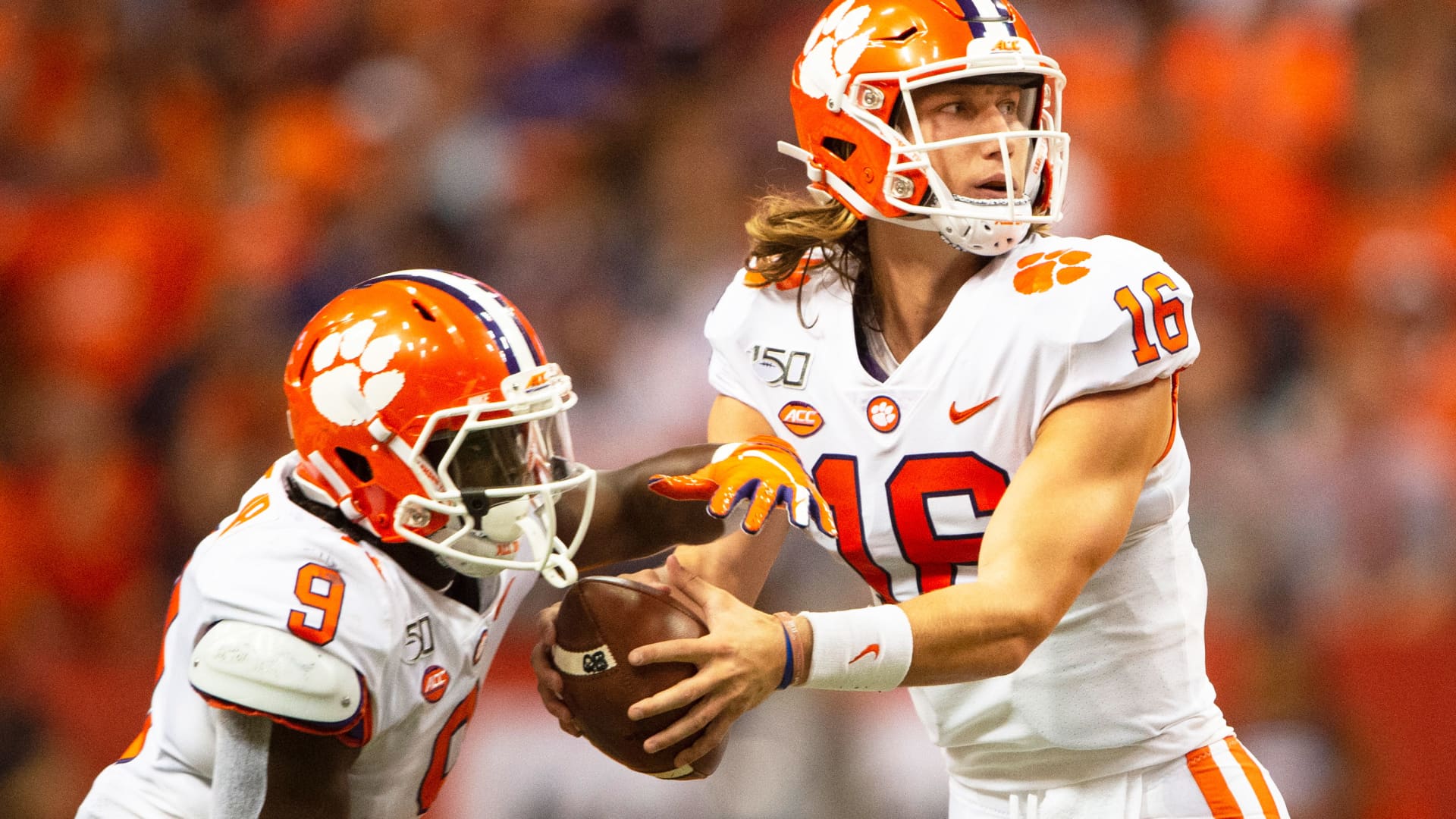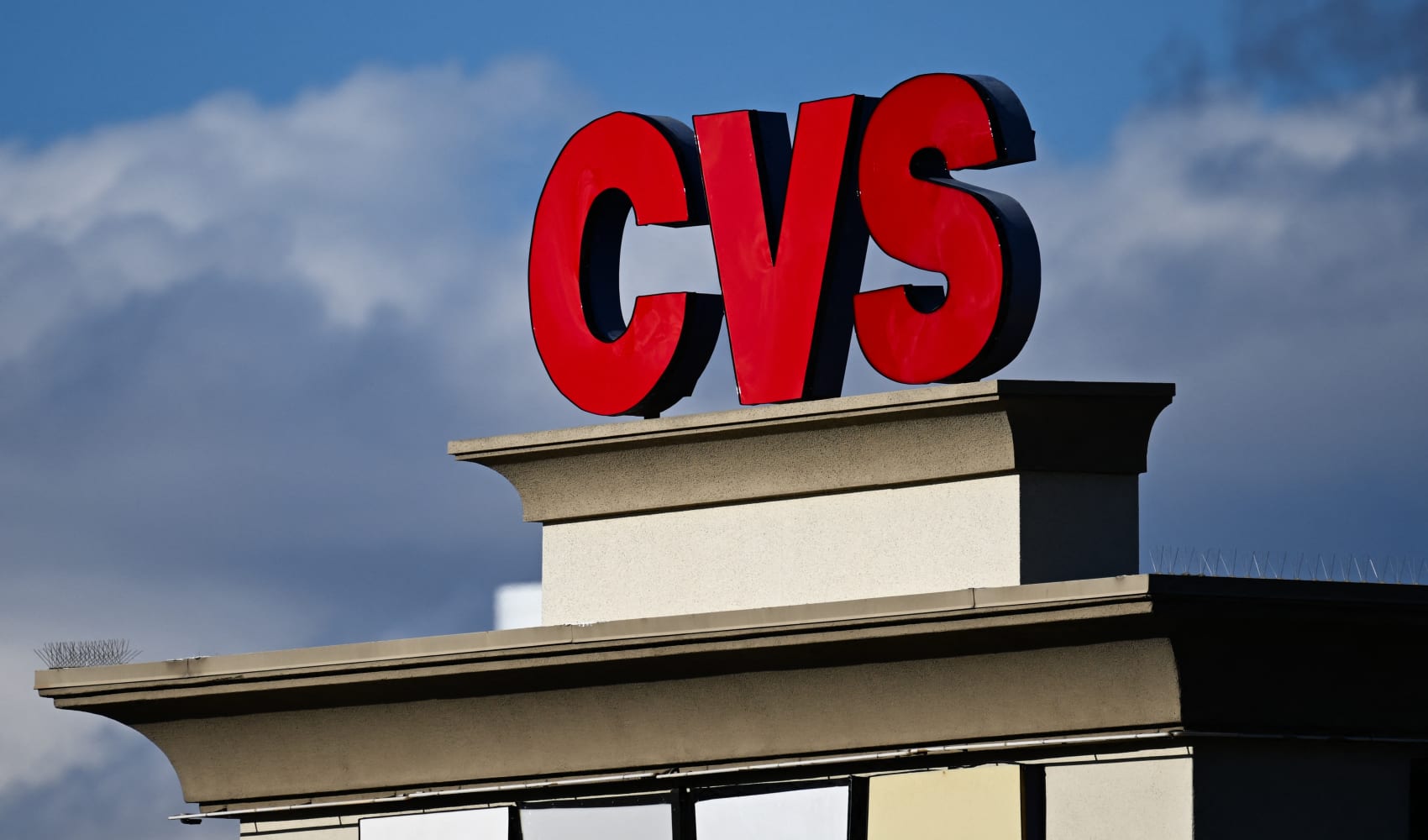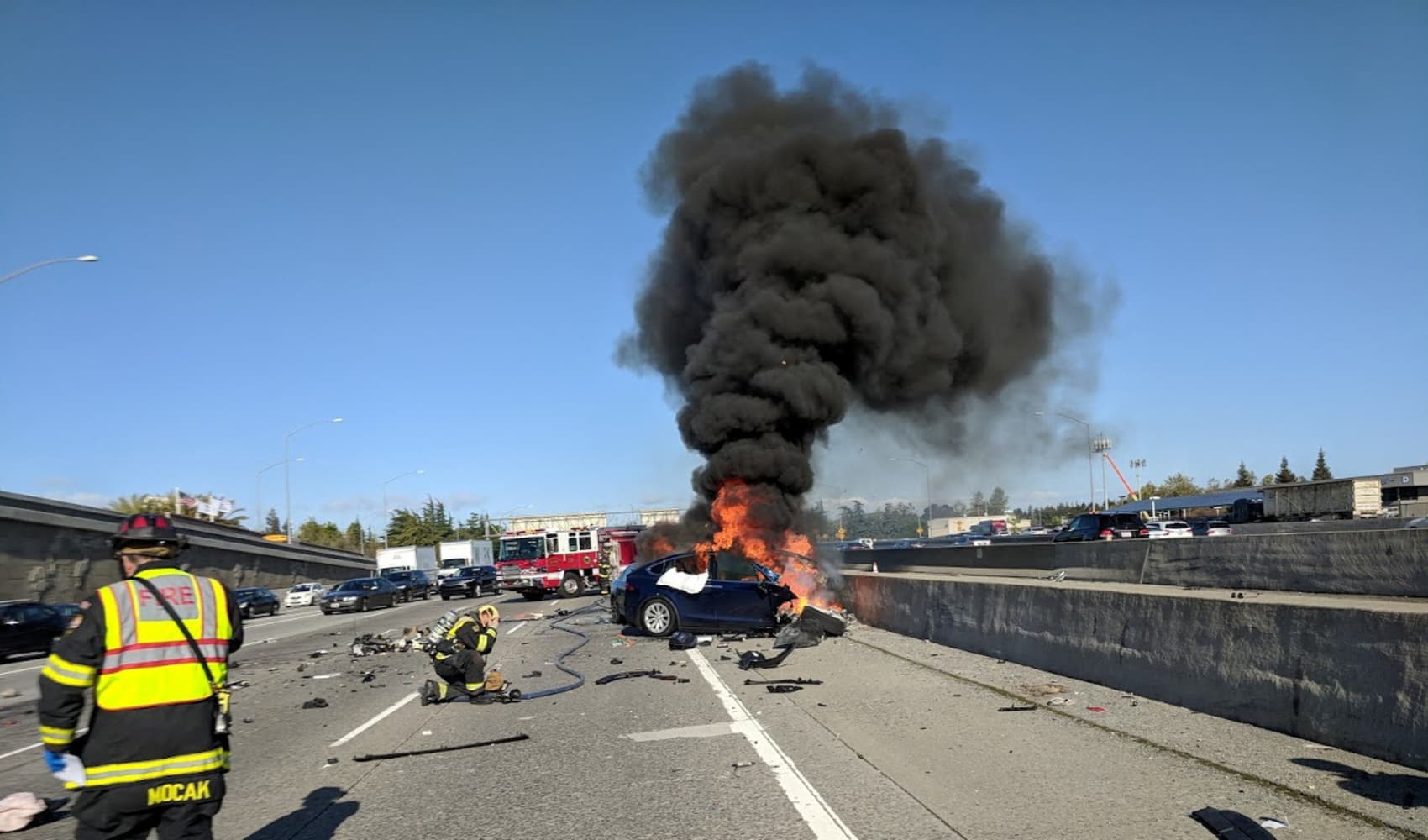
- Experts suggest student-athletes determine their fair market value after Monday's Supreme Court decision against the NCAA surrounding antitrust.
- In July, states are also set to enforce name, image and likeness laws allowing athletes to profit from their intellectual property.
Educational benefits.
It's the one term that appears to separate amateurism at the college-level sports and professional leagues. On Monday, the Supreme Court sided with student-athletes when it affirmed lower court rulings that antitrust law prevented the NCAA from restricting payments to athletes for items related to the benefit of their education, including compensation for internships.
The case was initially brought by Shawne Alston, a former West Virginia running back, and other student-athletes. And essentially, the ruling means the NCAA can no longer regulate reimbursable items that student-athletes get. Meanwhile, schools will need to decide what is reimbursable under educational benefits.
Get Tri-state area news and weather forecasts to your inbox. Sign up for NBC New York newsletters.
Attorney Irwin Kishner called the ruling an additional "erosion of the NCAA's monopoly of collegiate and amateur sports." And with states ready to enforce players being compensated for their intellectual property -- including their name, image, and likeness, or NIL -- "It's two wins for the athletes," Kishner said.
Opening Pandora's box?
Kishner, co-chair of the sports group at law firm Herrick and the firm's executive chairman, said Monday's ruling allows universities to better support student-athletes with resources and "encourage schools to have a lot more reimbursable educational costs."
Money Report
But defining educational benefits is the new challenge. The Supreme Court left that part up to the NCAA and schools to figure out.
But again, paid internships would be allowed after the ruling. For example, if a top football player is a finance major at a superior Division 1 program and offered a $300,000 internship at a Wall Street firm run by a school alum –- is it truly related to education?
Kishner predicted possible "bidding wars between institutions whose main purpose is to provide higher education to their students. And now they're going to be focusing on building these programs and spending big money to entice the best players and have the most competitive programs."
Len Elmore, a former National Basketball Association player, said "institutional integrity" will be critical. Elmore is a professor at Columbia University and agreed with the ruling. He added student-athletes should be compensated in some fashion. But if specific compensation is used to land top recruits, things can get dangerous and unfair.
"I can hear Pandora's box creaking," Elmore said. "So much can be defined with educational benefit."

Getting fair market value
Though there could be more challenges, the ruling on Monday didn't tackle if student-athletes should be paid money for participating in NCAA events that attract billions of dollars. Eventually, that could be a more significant matter wrapped up in the legal process.
In the meantime, compensation for NIL is still coming, starting in July. States including Florida, Georgia, Texas, Alabama and New Mexico will allow student-athletes to profit from their intellectual property outside of educational institutions. This means players can accept money to make appearances, sign autographs, do local car dealership commercials and even profit from an NFT sale.
The NCAA is preparing for the landscape to change but also hoping a federal law is established to assist with NIL compensation. That looks unlikely over the next two weeks, though, but hearings have taken place. Elmore said without uniformity surrounding NIL, college sports would become more unstable.
"Chaos is not going to work," he said, suggesting players and schools educate themselves on "fair market value." That could also help enforce institutional integrity.
"You know when it's a sweetheart deal as opposed to a fair market deal," Elmore said. "If a local car dealership pays a kid $50,000 to sign autographs, it stinks. But, that's what they will go on -- fair market value."
Former NBA player Jerome Williams said states with established NIL laws would "have a competitive edge" until a federal law is established.
Williams founded Alumni Pros Global Sports, a firm launched in January that helps players leverage their NIL. He said elite players could earn more than $10 million if they leverage their NIL correctly. Alumni Pros use a NIL valuation system to help players understand their current fair market value.
"It gives you an IP score, and that is very inherent to getting value to what that player is worth right now," Williams said. "Once you've quantified this information, the sponsor dollars will be lined up for certain individuals if you're of that caliber."
Athletes, especially outside of football and basketball, will also need to familiarize themselves with sporting territories. For instance, one state could value and support other programs outside of the more prominent sports. Hence, baseball or softball players could capitalize more from NIL, depending on the region.
Williams estimated the firm would see an "uptick after July 1 as more athletes are made aware of NIL in each state or if there is a federal law coming."
Williams echoed Elmore when asked about the advice he would give a student-athletes following Monday's ruling and state NIL on the horizon.
"Educate yourself," said Williams. "It took a lot of former athletes a long time to get to this point. And it was all due to education – trying to make people see through the lines.
"What's good for a softball player, soccer player; lacrosse, might not be good for a basketball player, football, swimmer, or someone on the track and field team," Williams added. "So you have to educate yourself with the sport that you're in."
-- CNBC's Tucker Higgins contributed to this article.






